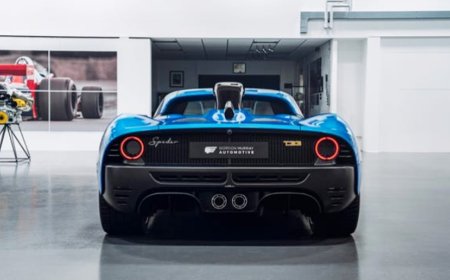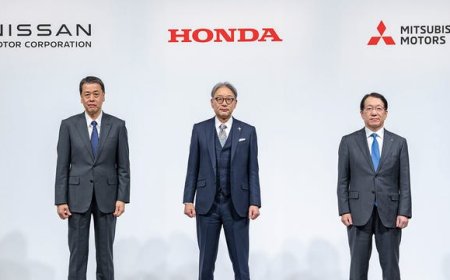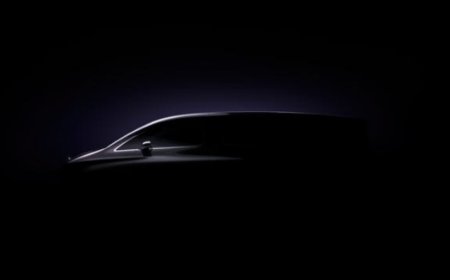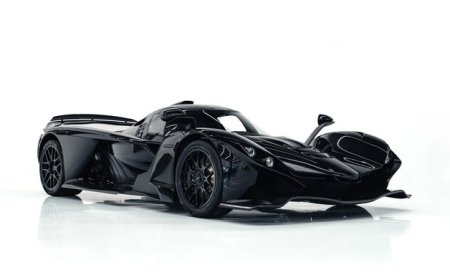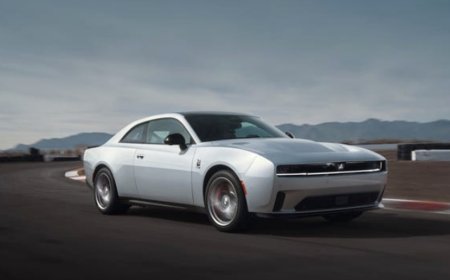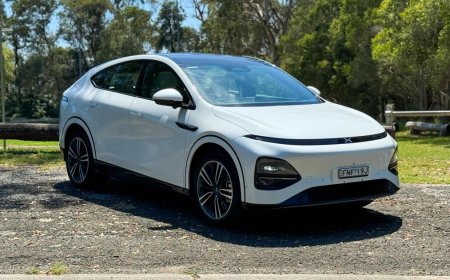Hyundai and Kia lose ground in their home country
Political instability and new competition challenge South Korea’s automotive giants.
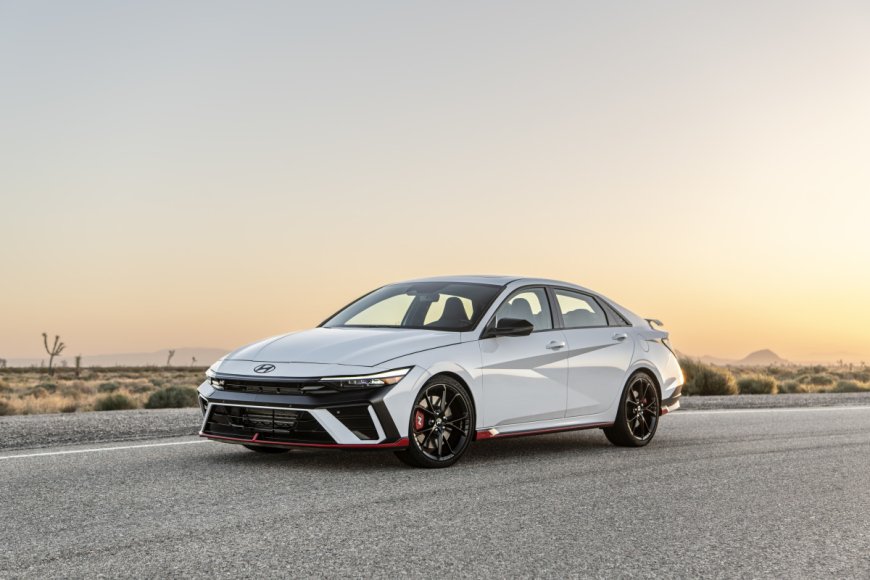
Hyundai and Kia, South Korea's automotive powerhouses, are facing mounting challenges in their home market. While the sister companies broke sales records in the United States, 2024 was a decidedly more difficult year for Hyundai and Kia back at home.
A dip in domestic demand and rising political uncertainty hurt domestic sales for South Korea’s automotive industry. Both brands have projected sales to increase in 2025, but with Chinese automaker BYD set to enter the South Korean market this month, those goals could be difficult to reach.
Related: KIA EV3: Hands-on with KIA’s U.S.-bound electric runabout
A decline on home turf
Hyundai and Kia's combined sales in South Korea fell in 2024, marking a sharp contrast to their performance overseas. Hyundai sold 705,010 vehicles domestically, a 7.5% drop from 2023, while Kia's local sales decreased by 4.2% to 540,010 units. These figures underscore a growing weakness in their home market, even as Kia achieved a global sales record. Kia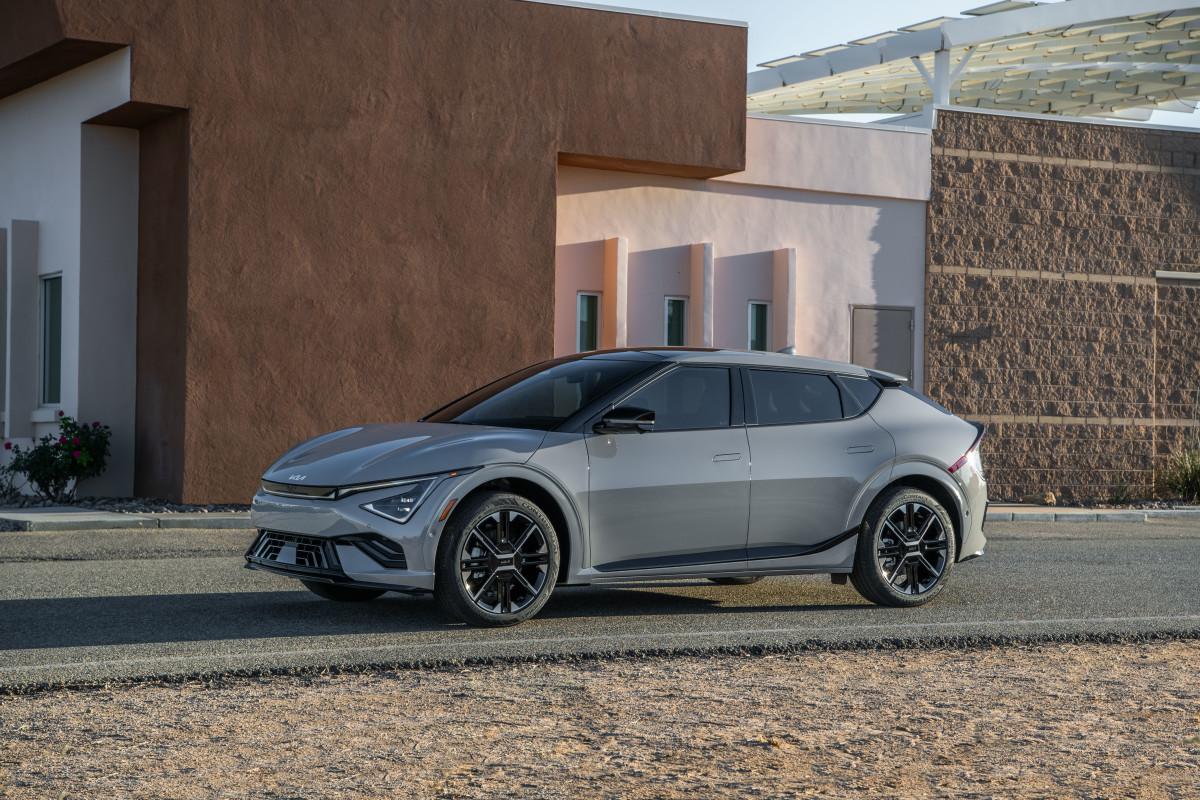
This decline comes amid political turmoil. South Korea's President Yoon Su Yeol declared martial law in December, leading to widespread protests and his subsequent impeachment. The resulting uncertainty has dampened consumer confidence, further affecting the auto market.
Related: Ford's OG Mustang falls behind its Mach-E descendent
BYD enters the fray
Adding to the pressure, Chinese automaker BYD is set to enter the South Korean market on Jan. 16, according to a report from CarNewsChina. The company plans to sell at least 10,000 electric vehicles (EVs) by year’s end, starting with models like the Seal and the Dolphin. With competitive pricing, BYD’s EVs could pose a significant threat to Hyundai and Kia’s dominance, even though South Korean consumers have traditionally favored domestic brands.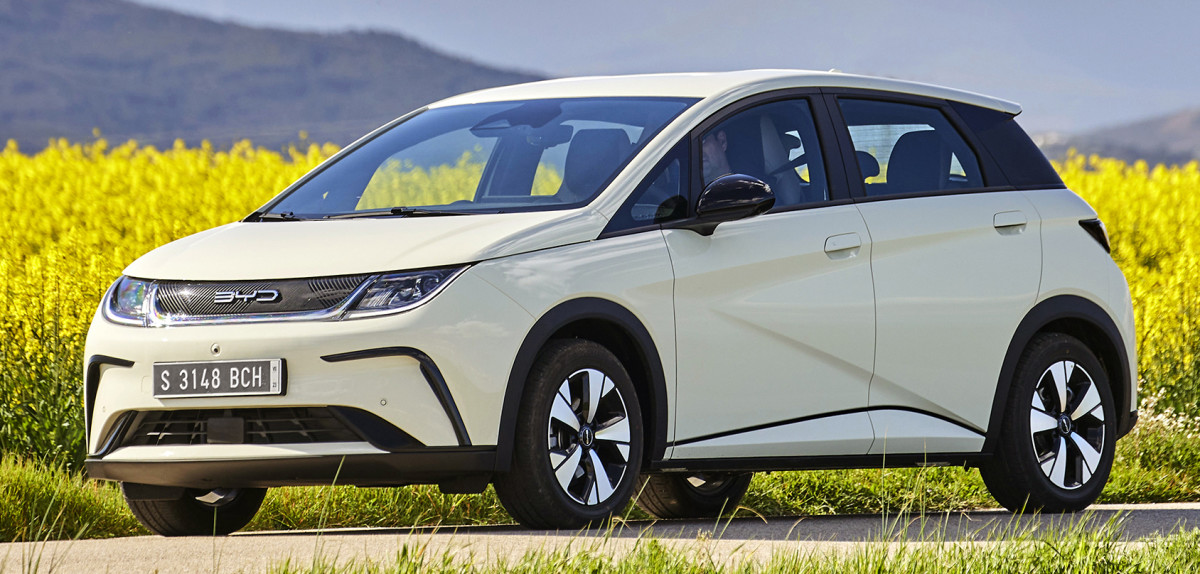
BYD’s move coincides with its global expansion strategy as the Chinese giant leverages its growing reputation for affordable, reliable EVs. However, South Korea's entrenched loyalty to Hyundai and Kia, coupled with the latter's strong EV offerings, may prove to be a formidable obstacle for BYD.
Related: How much is too much? New car buyers face record-high monthly payments
A united front
Despite these challenges, Hyundai and Kia remain optimistic. Both companies have set ambitious sales targets for 2025, aiming for 7.39 million vehicles globally, a 2% increase from 2024. Hyundai plans to boost domestic sales to 710,000 units, while Kia targets 550,000.
To achieve these goals, automakers are doubling down on electrification and local production, especially in the United States, where they performed well last year. Hyundai’s Georgia Metaplant in the U.S. reflects a broader push to weather global headwinds, including potential tariffs from President-elect Trump.
Final thoughts
Hyundai and Kia are at a critical juncture in their home market. Declining domestic sales, political unrest, and BYD's entry into South Korea pose significant hurdles for the automotive giants. However, their global resilience and strategic pivots—particularly their focus on EVs and international production—could help offset these challenges.
Related: Why Toyota EVs should be under the Scion brand
